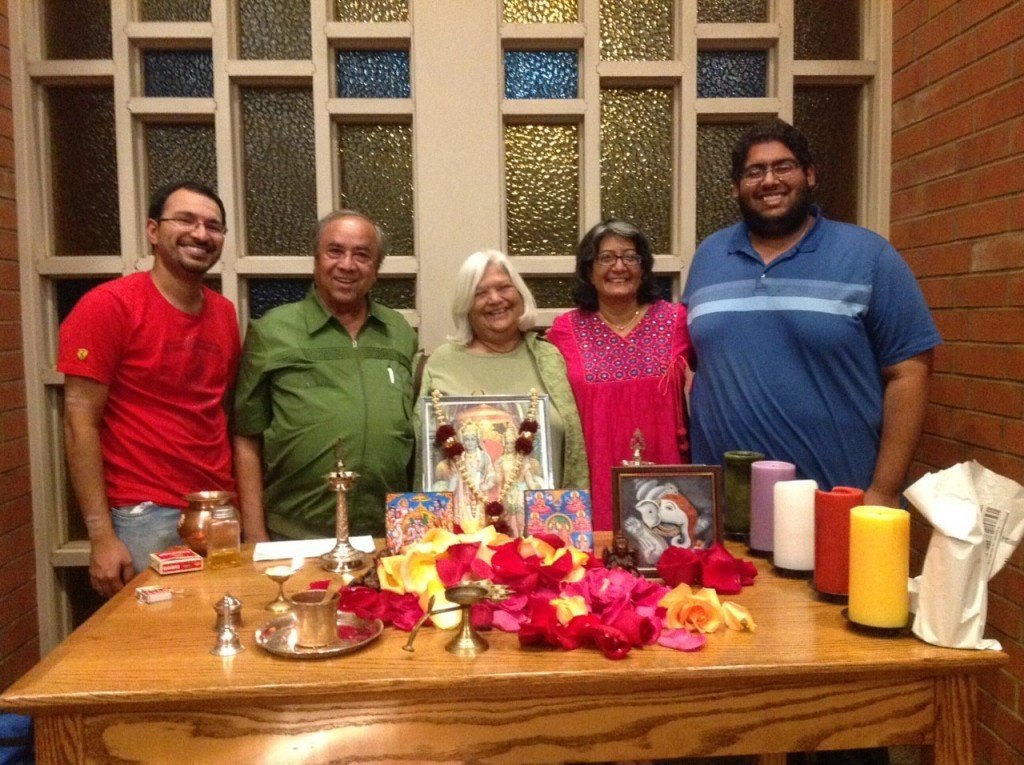 Consistent with our core values of diversity and inclusivity, it is the policy of the University of La Verne to provide a reasonable accommodation based on a person’s sincerely held religious belief. A reasonable accommodation is one that does not conflict with reasonably necessary University goals. The person requesting the accommodation is obligated to make the University aware of the need for a religious accommodation as soon as possible and in advance of the need for the accommodation. The most common request for academic religious accommodation concerns class attendance during the observance of major religious holy days and celebrations.
Consistent with our core values of diversity and inclusivity, it is the policy of the University of La Verne to provide a reasonable accommodation based on a person’s sincerely held religious belief. A reasonable accommodation is one that does not conflict with reasonably necessary University goals. The person requesting the accommodation is obligated to make the University aware of the need for a religious accommodation as soon as possible and in advance of the need for the accommodation. The most common request for academic religious accommodation concerns class attendance during the observance of major religious holy days and celebrations.
It is the policy of the University to grant students excused absences from class for observance of religious holy days. Students are expected to contact faculty at the beginning of the course (within the first two weeks of class) after reviewing course syllabi for potential scheduling conflicts. Students who request an excused absence in advance shall be provided with a reasonable alternative. Examples of reasonable accommodations for student absences might include: rescheduling an exam or giving a make-up exam for the student, altering the time of a student’s presentation, allowing extra credit assignments to substitute for missed class work, or arranging for an increased flexibility in assignment dates. Students are responsible for satisfying all academic requirements as defined by the instructor. Faculty members are encouraged to avoid scheduling exams on major religious holidays.
In addition to observance of religious holidays and celebrations, other areas of practice may result in a request for accommodation based on obligations related to prayer, dietary requirements, fasting, religious attire, ablution, and theological or philosophical commitments. Given the uniqueness of requests, they must be handled on a case by case basis and may involve reasonable accommodation of course content. The University Chaplain may be consulted as needed.
Grievance Procedure
In the event that agreement cannot be reached regarding a religious accommodation, the student or faculty member should bring the issue to the relevant college dean or, if necessary, to the Provost’s office. In the event that advice in resolving the issue is needed, the chairperson, dean or Provost may seek the counsel of a four person committee chaired by the University Chaplain and including, the Chief Diversity and Inclusivity Officer, a faculty member nominated by the Senate, and a student.